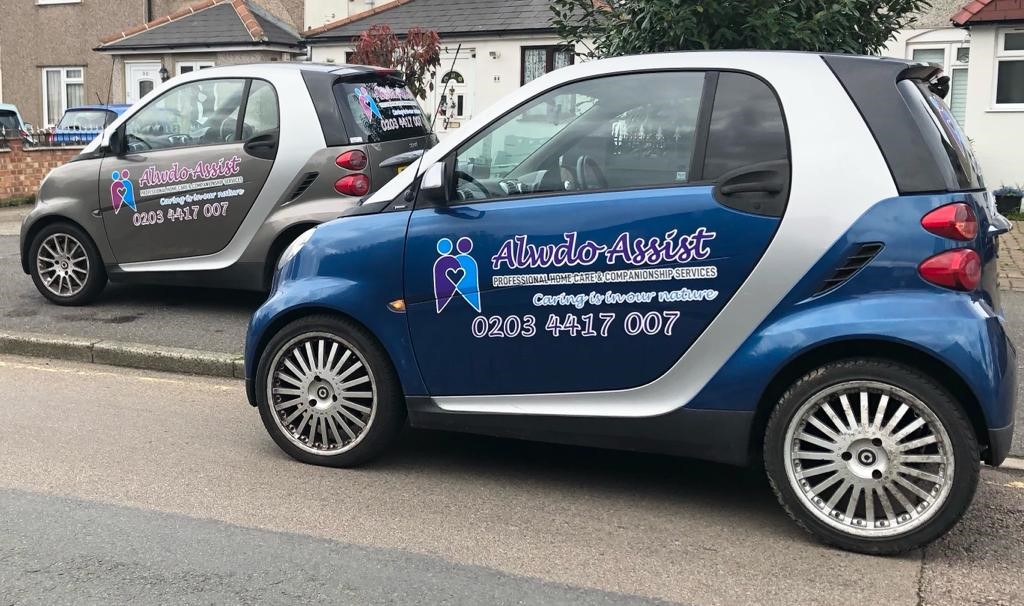7 Frequently Asked Questions
Here at ALWDO Assist we understand how important it is when we are faced with the possibility of a loved one needing care. Over the years we have helped and supported many families and friends and have answered the questions and concerns they have had.
Below you will find a selection of the questions that are frequently asked of us.

- There is help and support available if you are having trouble with everyday tasks e.g., cleaning, getting out of bed, cooking, personal care, etc.
- You start by getting an assessment of care by contacting your Local Authority. You will not be charged for this.
- A Social Care Professional will visit you to assess how you are managing with your day to day tasks. If you prefer, a telephone or online assessment can also be offered.
- An assessor will look at your various needs, wishes, skills, abilities etc. With your consent, the Assessor will talk to other professionals who care for you e.g., your GP, Nurse etc.
- After the assessment, a Care Plan is agreed with you, detailing your needs and the help you need to meet those needs.
- You will be means-tested to ascertain how much you need to contribute towards your care and support.
- The means test will include your income, savings and property.
- If you need home care i.e., care in order to stay at your own home, the value of your property will not be included in the means test.
- If moving to a care home, the test may include your property value.
- Please see updated Government rules on Adult Social Care charge: https://www.gov.uk/government/publications/build-back-better-our-plan-for-health-and-social-care/adult-social-care-charging-reform-further-details
- We have over 21 years’ experience working with a large Local Authority advising people, including elderly customers on their welfare benefits claim and how to maximise their income.
- We can advise you on how to maximise your income and signpost you to the right department to apply for the following, which can be extra money you might be entitled to:-
- Council Tax Support
- Housing Benefit
- Attendance Allowance
- Pension Credit
- Disability Living Allowance
- Personal Independence Payment (PIP)
- Carer’s Allowance
- Health Benefits
- Bereavement Benefit
- Further information is available from https://www.gov.uk/financial-help-disabled
- At ALWDO, we continue to follow the government guidance to help reduce the spread of Covid-19. We adhere to the followings when caring for our clients:
- Wearing appropriate Personal Protection Equipment (PPE) when attending to our clients in their homes i.e., wearing gloves, face masks, aprons, eye protection, etc.
- We encourage all our staff to get Covid-19 vaccines and boosters.
- We encourage good general cleaning.
- Particular attention is given to good ventilation.
- We continue to send the same Care Worker to attend the same client to reduce too many contacts from different people.
- More information available from COVID-19 supplement to the infection prevention and control resource for adult social care – GOV.UK (www.gov.uk)
- ALWDO provide person-centred care and support depending on our client’s needs. We provide the following services:-
- Personal care and Support
- Live-in care
- Sleep in and wake in nights
- Companionship / Social outings
- Housekeeping / Domestic help
- Palliative care
- Learning Disability
- Hospital Discharge
- Dementia care
- Medication administration
- Shopping
| HOME CARE | CARE HOME |
| Care is provided to you in the comfort of your own home | Provides accommodation, personal care and support to those that needs it. They can be residential and Nursing Care. |
| There is one-to-one bespoke care, helping you to do things you enjoy at home. Our carers will be there to deliver personal care, shopping, housekeeping, Medication administration, Hospital discharge care etc. | Leaving your own home to go into a Care home can be distressing, as you might be leaving close family and friends. |
| Home care is better for wellbeing, happiness and reduces hospital admission. | Moving to a Care home can sometimes cause move trauma. |
| Home care is better for people with dementia, as they are around their own belongings, a place full of memories, and stimuli e.g., photographs of their loved ones, their smell, books etc. | Care homes provide social contacts with others, so reduces isolation. |
| Home care is cheaper compared to Care Homes | More expensive, and cheaper Care homes have a long waiting list |
| At ALWDO, we have a free and confidential phone line, and we encourage our clients to call us for 10 to 15 minutes chat if they feel isolated and lonely. |
- We are registered with Skills for Care training provider and we are also approved for the Workforce Development Fund, which ensures our staff will continue to improve and participate in local and National safety programs and trainings. We encourage staff to be open and transparent, they will be able to raise issues of safety concerns and report any incidents.
- Our staff are DBS checked, as ALWDO is registered with the Enhanced DBS Check Portal and all references are checked from previous employment and current employer.
- We have relationship with Skills for Care, continuous training courses, discussing professional issues and keep abreast of development of new and changing social care services. Best practices with other providers are shared.
- ALWDO offers a free, no obligation care and risk assessment. Our Registered Manager will organise a visit to you and carry out a needs assessment, falls assessment, care plan etc. if you wish to go ahead, we will request a 2 weeks deposit.

